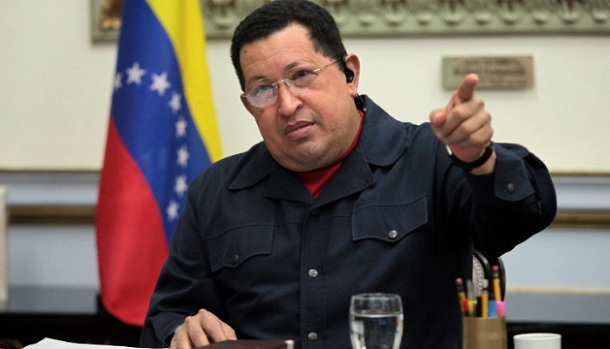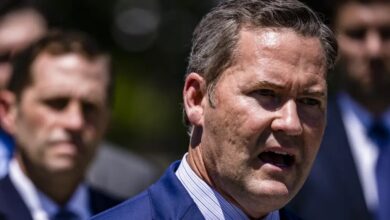In a secret US cable published online by WikiLeaks, former ambassador to Venezuela, William Brownfield, outlines a conspiracy plan to infiltrate and destabilize former President Hugo Chavez’ government.
Dispatched in November of 2006 by Brownfield — now an Assistant Secretary of State — the document outlined his embassy’s five core objectives in Venezuela since 2004, which included: “penetrating Hugo Chavez’ political base,” “dividing Chavismo,” “protecting vital US business” and “isolating Chavez internationally.”
The Memo, which appears to be totally un-redacted, is plain in its language of involvement in these core objectives by the US embassy, as well as the US Agency for International Development (USAID) and the Office of Transition Initiatives (OTI), two of the most prestigious agencies working abroad on behalf of the US.
According to Brownfield, who prepared the cable specifically for US Southern Command (SOUTHCOM), the “majority” of both USAID and OTI activities in Venezuela were concerned with assisting the embassy in accomplishing its core objectives of infiltrating and subduing Chavez’ political party:
“This strategic objective represents the majority of USAID/OTI work in Venezuela. Organized civil society is an increasingly important pillar of democracy, one where President Chavez has not yet been able to assert full control.”
In total, USAID spent some one million dollars in organizing 3,000 forums that sought to essentially reconcile Chavez supporters and the political opposition, in the hopes of slowly weaning them away from the Bolivarian side.
Brownfield at one point boasted of an OTI civic education program named “Democracy Among Us,” which sought to work through NGOs in low income regions, and had allegedly reached over 600,000 Venezuelans.
In total, between 2004 and 2006, USAID donated some 15 million dollars to over 300 organizations, and offered technical support via OTI in achieving US objectives which it categorized as seeking to reinforce democratic institutions.
Much of the memo details efforts to highlight instances of human rights violations, and sponsoring activists and members of the political opposition to attend meetings abroad and voice their concerns against the Chavez administration:
“So far, OTI has sent Venezuelan NGO leaders to Turkey, Scotland, Mexico, Dominican Republic, Chile, Uruguay, Washington and Argentina (twice) to talk about the law. Upcoming visits are planned to Brazil, Mexico, and Colombia.”
In his closing comments, Brownfield remarked that, should President Chavez win re-election during the December 2006 elections, OTI expected the “atmosphere for our work in Venezuela” to become more complicated.
Ultimately, it seems that the former ambassador’s memo wisely predicted a change in conditions. Following his re-election, President Hugo Chavez threatened to eject the US ambassador from Venezuela in 2007, amid accusations of interfering in internal state affairs.
[adrotate group=”10″]




